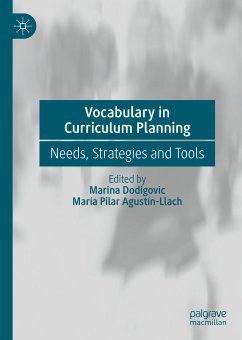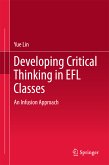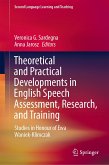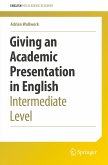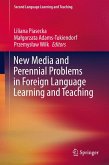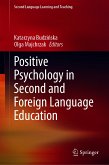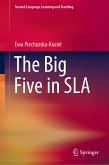This edited book brings together a collection of perspectives and studies on the role and potential uses of vocabulary assessment in second and foreign language learners' needs analysis. Assessing what vocabulary a student already knows - and what therefore might be a realistic goal for language learning - is an essential aspect of developing and delivering effective foreign language classes. The chapters in this book address what has so far been an under-researched aspect of classroom needs analysis, exploring the influence of vocabulary tests, the lexical profiles of teaching materials, and learner as well as teacher beliefs and practices. This book will be of interest to students and scholars of applied linguistics and TESOL, language teachers and teacher trainers, and educators engaged in assessment and evaluation.
Marina Dodigovic is Honorary Professor of TESOL at the University of La Rioja, Spain and Senior Research Fellow, Republic of Croatia.
María Pilar Agustín-Llach is Full Professor of Applied Linguistics at the University of La Rioja, Spain.
Dieser Download kann aus rechtlichen Gründen nur mit Rechnungsadresse in A, B, BG, CY, CZ, D, DK, EW, E, FIN, F, GR, HR, H, IRL, I, LT, L, LR, M, NL, PL, P, R, S, SLO, SK ausgeliefert werden.

